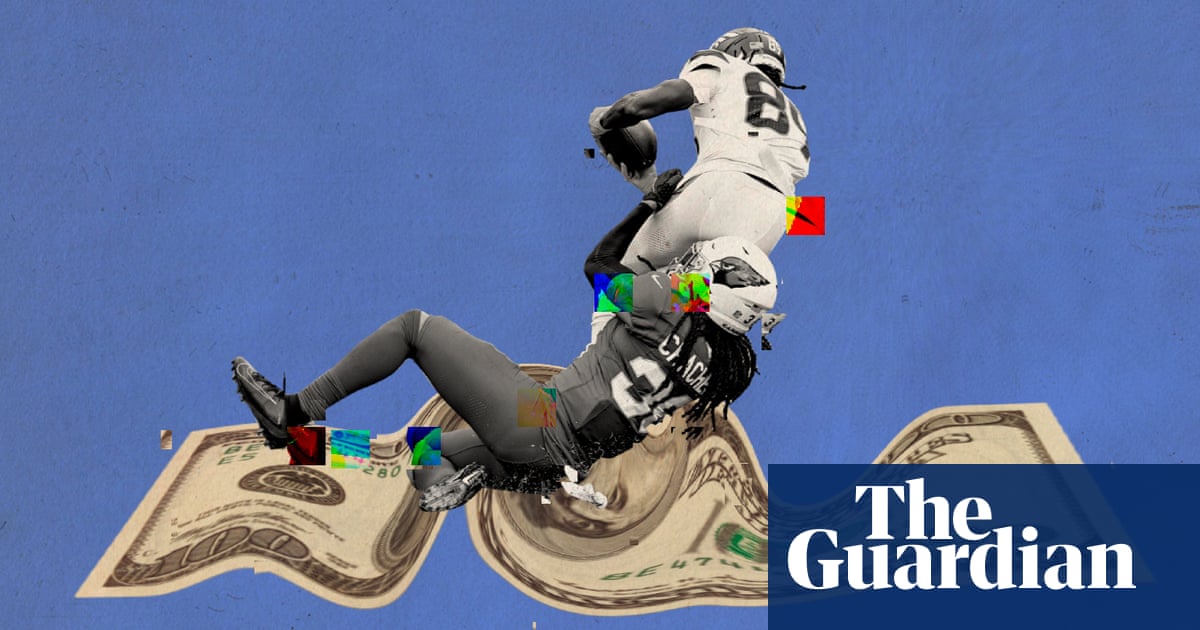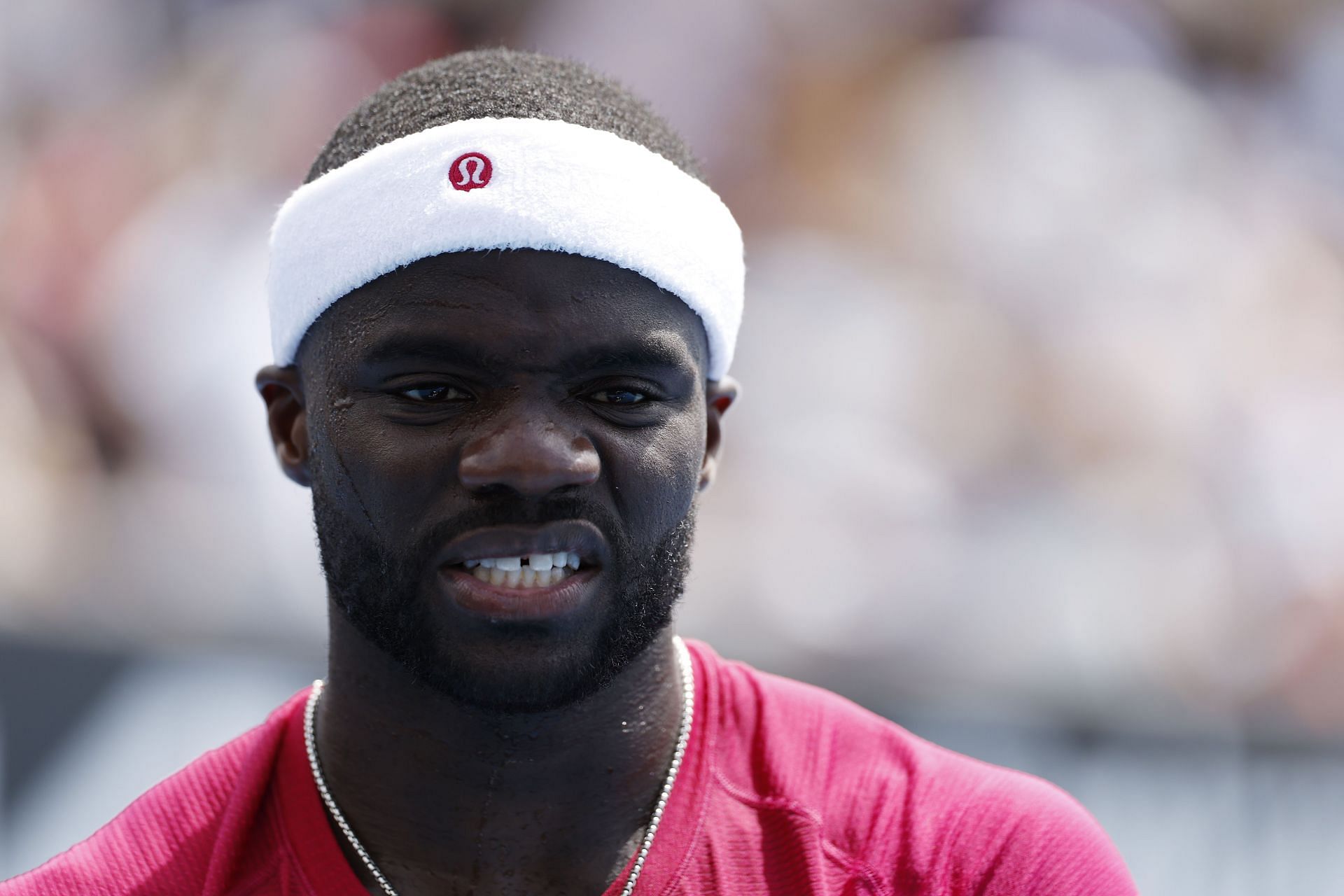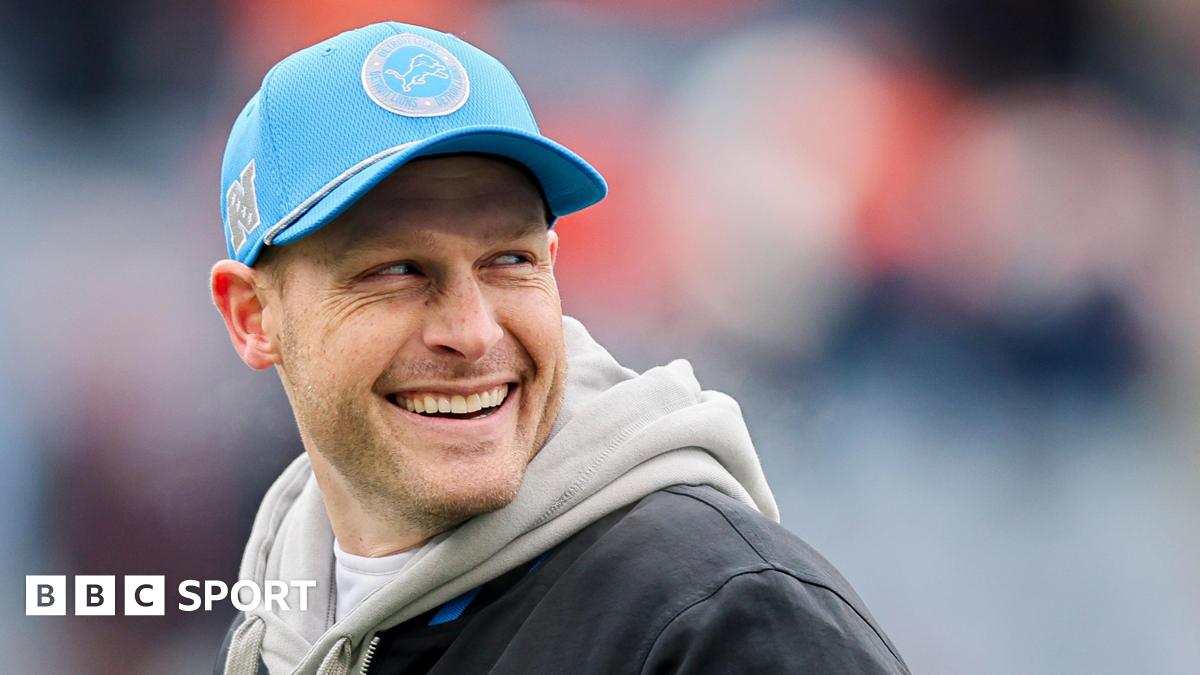US gambling sector’s ‘relentless’ social media posts breached own rules, study claims

As gambling companies target social media users, the four leading online brands appear to be routinely breaching the industry’s self-imposed marketing regulations, according to a new study.
Over one week this summer, academics at the University of Bristol found that BetMGM, DraftKings, ESPN Bet and FanDuel published more than a thousand posts – 75% of their non-sponsored content on Facebook, Instagram, X and TikTok – that did not include problem gambling support messages or a helpline number.
The study concludes that rules set out by the American Gaming Association (AGA), a gambling industry lobby group, “are not being followed” by operators on social media. The AGA disagrees, and dismissed the findings as an “irresponsible misinterpretation”.
Gambling has expanded rapidly across the US in recent years, with sports betting now legal across 38 states and Washington DC. Operators have leaned on social media to accelerate their growth, and encourage users to place bets on their respective platforms.
“It feels like they are doing anything just to get people signing on,” said Raffaello Rossi, a lecturer in marketing at the University of Bristol, who noted the four firms collectively published an average of 237 social media posts and adverts each day. “This relentless exposure can make gambling seem like a normal activity, increasing participation and risk among young and vulnerable groups.”
A team of academics at the university reviewed 1,353 social media posts by the four companies between 29 July and 4 August, seen some 29m times. Of these, they concluded that 1,012 posts “may breach regulations” in the American Gaming Association’s responsible marketing code for sports betting.
Over the same period, they identified 310 adverts the firms paid to promote on social media. All of these complied with the industry’s code.
FanDuel and BetMGM declined to comment. DraftKings and ESPN Bet did not respond.
The AGA said it was “pleased” the study had found that all paid-for gambling ads on social media complied with its code. “However, categorizing all social media posts as ads misses the basics of brand communication,” said Joe Maloney, senior vice-president.
While the code says it covers the “marketing and advertising of real-money sports wagering services”, the AGA only considers a social media post by a real-money sports wagering service to be covered if it directly links to a real-money sports wagering service.
Last week, for example, the X account of FanDuel Sportsbook – one of America’s most popular sports betting platforms – posted about tennis pro Botic van de Zandschulp unexpectedly knocking Carlos Alcaraz out of the US Open. The post included betting odds and claimed a gambler had won $19,000 on the match, but no direct link to FanDuel’s platform. It did not include a problem gambling support message or helpline.
“Like companies across other industries, sports betting operators provide relevant, engaging content to customers designed to maintain brand awareness without promoting a specific offering that is covered by the code, like sports betting,” said Maloney. “To describe the sharing of sports facts, schedules or discussion topics via tweets and posts on social media platforms as advertising and thus applicable to our code is an irresponsible misinterpretation.
“We’re proud of our members’ responsible advertising practices and their commitment to upholding strong industry standards, which continues to grow consumer trust in our industry’s overall commitment to responsibility.”
The AGA’s marketing code was first published in 2019, as operators splurged on a blizzard of ads – on television, radio, billboards and social media – in states that opted to legalize sports betting after the supreme court overturned a decades-old ban across much of the US.
The most recent version of the AGA’s code, published in March 2023, says that “operator-controlled messages placed in digital media”, including social media, “shall comply with all applicable provisions of this Code concerning the content of such messages”.
Industry representatives listed in the code include executives from DraftKings; MGM Resorts International, the co-owner of BetMGM; Penn Entertainment, the firm behind ESPN Bet; and FanDuel.
Several provisions in the code are designed to promote “responsible” gambling, including: “Each message will contain a conspicuous responsible gaming message along with a toll-free helpline number, where practical.”
Academics at the University of Bristol who scrutinized social media posts by BetMGM, DraftKings, ESPN Bet and FanDuel identified 1,012 that did not contain such a message or a toll-free helpline.
Social media posts “are clearly seen as advertising now”, said Rossi, whether or not they are sponsored. “The aim is to promote the product or promote the brand.”
Gambling firms are “selling a highly addictive product”, he added. “The industry has been growing so fast, and regulation hasn’t kept up.”
The study made several policy recommendations, including a call for federal legislation to ensure “consistent regulation” of gambling ads, and detailed guidance on the AGA’s code.
Maloney, of the AGA, said legal operators already abided by “robust state-based” regulations on gambling ads, and “carefully follow” broader federal advertising standards.
He added: “Six years into legal sports betting, introducing federal overregulation would undermine the ability of state regulators and lawmakers to tailor appropriate policy as their marketplaces continue to evolve, and only serve to empower the highly visible illegal market.”
Related
Responsible gambling sparks urgent debate in Black America
The transformation of gambling from underground activity to mainstream entertainment has created new challenges for communities across America, particular
‘Unwilling’ coroners failed us, say families of gambling addicts who…
Families of gambling addicts who took their own lives have told of being let down by the coroner service, which they say failed to properly investigate the role
“Frances Tiafoe gotta be gambling & throwing games intentionally” –…
Frances Tiafoe’s 2025 Australian Open campaign ended earlier than expected with a second-round loss to Fabian Marozsan. The defeat didn’t sit w












